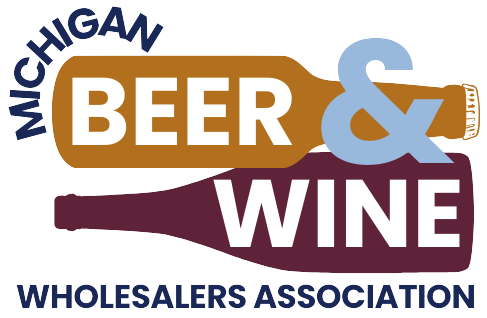MICROBREWERIES AND BREWPUBS
The State of Michigan enjoys a robust and growing brewing industry that is recognized as one of the best in the nation. One of the major reasons for this success is Michigan’s balanced alcohol regulatory approach that fosters innovation and investment and promotes a level playing field between large international beer suppliers, large and small national beer suppliers and Michigan’s craft brewers.
Michigan’s craft brewing industry is made up of two types of licenses that are similar in some ways, yet very different in other ways. Microbrewers are licensees in the supplier tier. They are small brewers, located in-state, that sell their products to distributors for distribution to licensed
retailers. Based on a law change in 2014, small, start-up microbrewers are allowed to self- distribute their beer. Brewpubs are licensed retailers that are allowed, as a condition of their license, to brew and sell their beer only at their licensed restaurant. Class C retail licensees, as well as tavern, Class A hotel or Class B hotel retail licensees are eligible to receive a brewpub license. Brewpubs are full-service retail establishments that can sell any products (beer, wine and spirits) that are available in Michigan’s alcohol distribution stream in addition to the beer(s) they produce.
Together the microbrewery and brewpub licensees make up Michigan’s craft brewing industry.
Michigan’s structured craft brewing industry has been a huge success. Michigan ranks fifth in the nation for the number of craft brewers and even more are being planned. According to the Michigan Brewers Guild, the industry continues to enjoy double digit growth in sales. To help continue this success story, craft brewers and distributors partnered in supporting numerous changes to Michigan law in 2014. As mentioned, small start-up microbreweries may now self- distribute their beers, and the definitions of a brewer, microbrewery and brewpub have been amended to promote the expansion of those industries.
Despite this verifiable record of success, a small number of craft suppliers have expressed a desire to drastically modify Michigan’s alcohol laws. Some wish to operate in all three tiers of Michigan’s three-tier structure. In other words, they want to produce their beers, distribute it directly to retailers and sell at retail which could result in a complete dismantling of Michigan’s three-tier distribution system. As covered earlier in the survey, others wish to be exempt from Michigan’s beer franchise laws which provide distributors the ability to distribute and build multiple brands and encourages distributors to invest in those brands.
Past experience has taught us that granting this type of an exception to in-state producers, such as Michigan’s craft suppliers, will open Michigan up to legal challenges under the dormant Commerce Clause by out-of-state brewers, including large international brewers. In fact, Michigan has lost two similar challenges in the past, including the ground breaking case of Granholm v Heald. The Granholm case struck down a Michigan law that allowed in-state wine producers to direct ship to consumers in Michigan while prohibiting out-of-state producers from doing the same. These decisions clearly state that disparate treatment of in versus out-of-state suppliers is not constitutional.
Considering that several changes were recently made to continue the expansion of the craft brewing industry in Michigan, coupled with the threat of legal challenges, we believe that future legislatures should proceed cautiously when considering any additional law changes or “carve outs” in this area.

